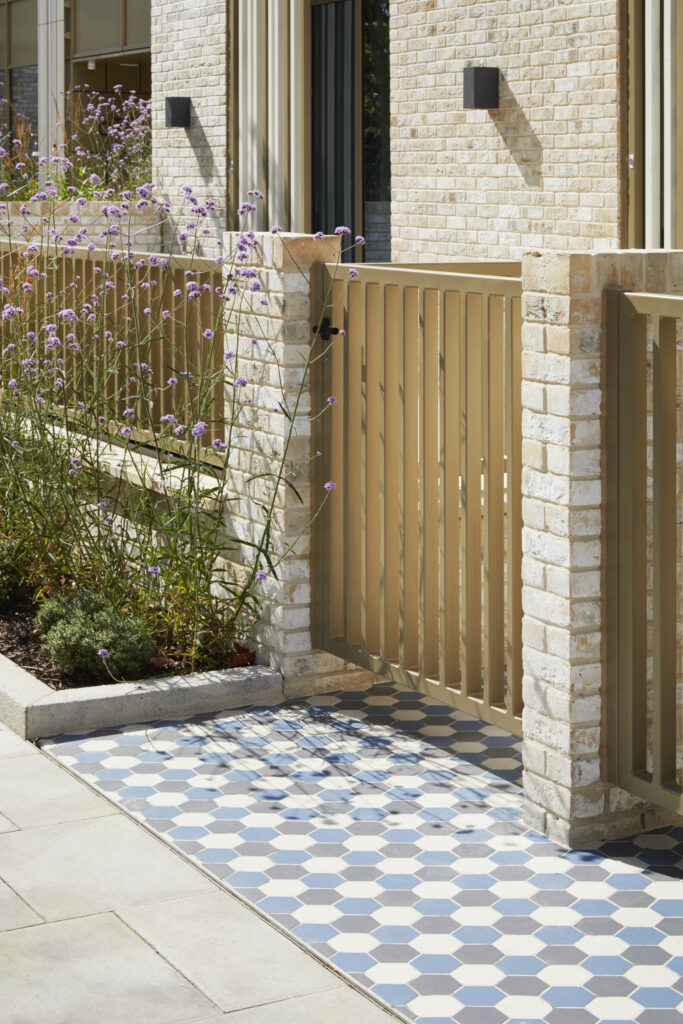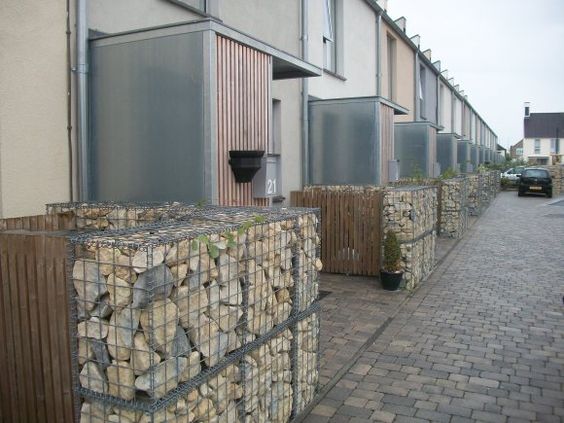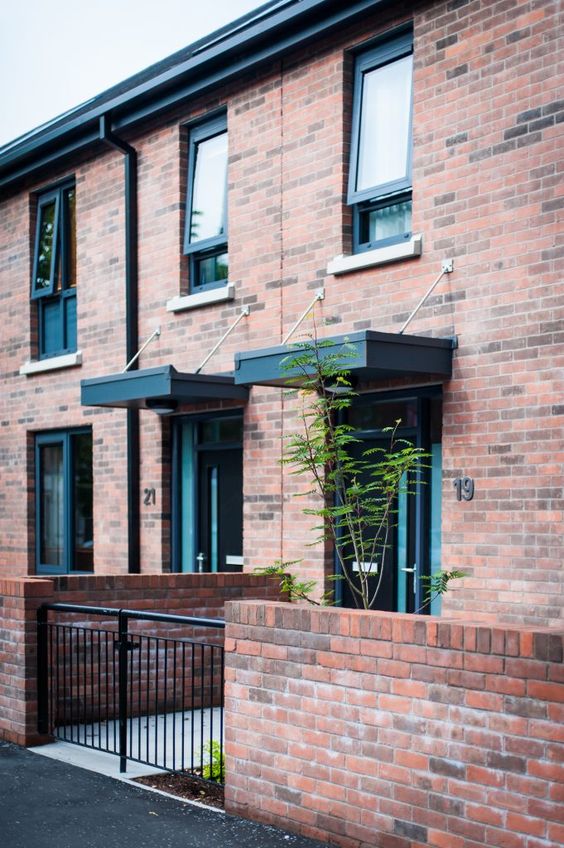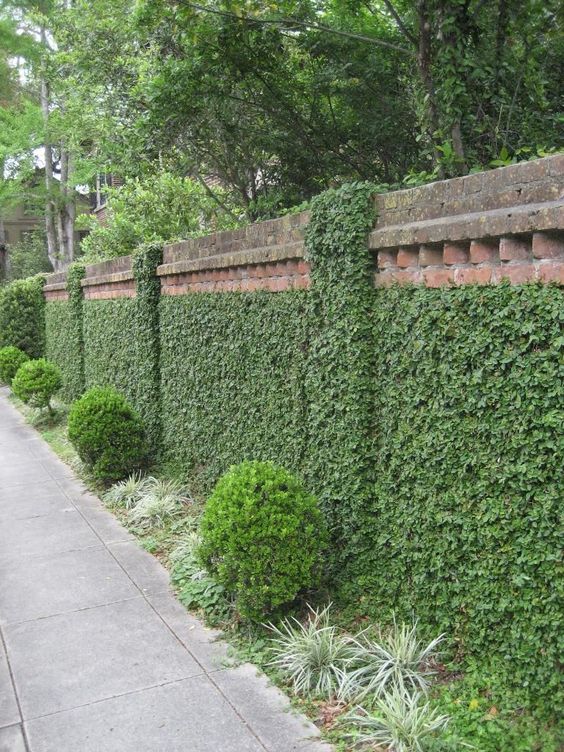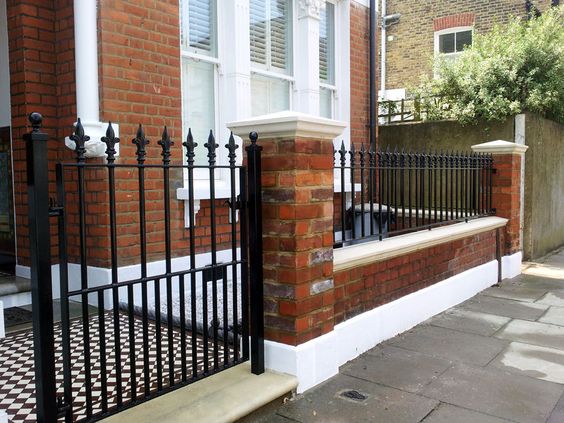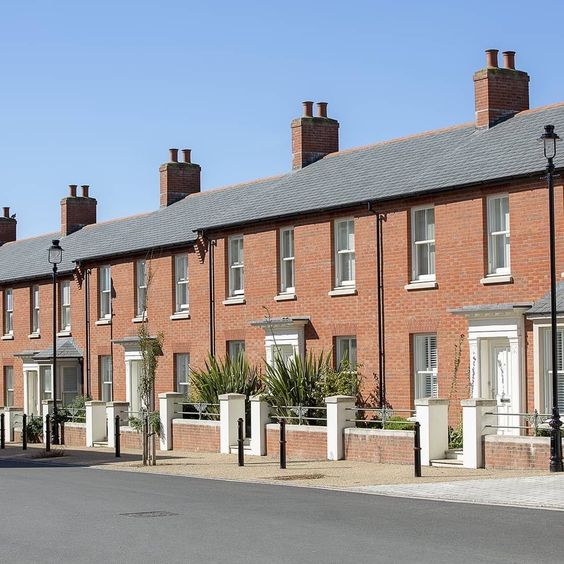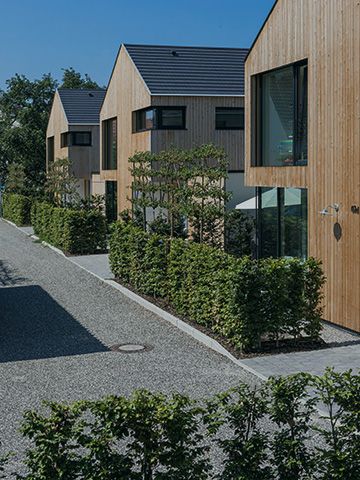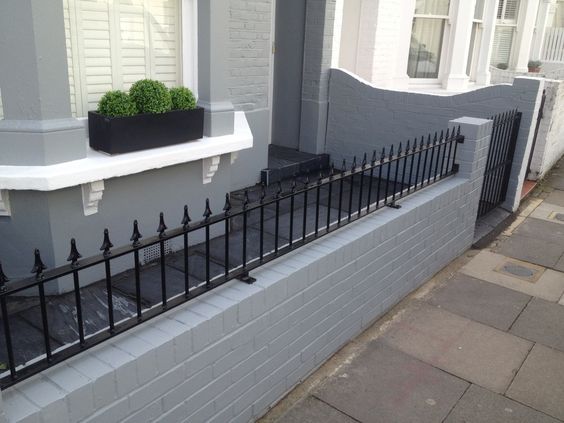COMPLIANCE REPORT
The design code element has been adequately addressed
The design code element has not been adequately addressed in the design and the applicant is able to justify the reasoning for this or demonstrate how an alternative response would create a more positive outcome
The design code element is mandatory but has not been adequately addressed in the design which may lead to the application being refused
24 Argyle Street, Stretford
Form and Profile
How does the form and profile of house reflect the surrounding context
The type, form and scale does not match houses in the surrounding area. Applicant must provide justification and evidence there is not a common or positive precedent of housing form and profile in the surrounding area.
The house does not follow a building line. The applicant must demonstrate there is no common building line in existing area. If there is a building line which has not been followed, the applicant must demonstrate how setting forward or back from this will result in a more positive visual outcome to the street sceneAll spaces and features which form the street environment, including buildings, street furniture, fittings and finishes and green infrastructure and open spaces. More
Does the house create an interesting form and profile
The form of house does not creates depth and articulationArchitectural composition in which elements and parts of the building are expressed logically, distinctly, and consistently. More. The applicant must demonstrate how an alternative response will create a more positive visual appearance for the house and explain if there are any examples in the contextThe context includes the immediate surroundings of the site, the neighbourhood in which it sits and the wider setting. The context may include the physical surroundings of topography, movement patterns and infrastructure, built form and uses. An understanding of the context, history and character of an area must influence the siting and design of new development. More for why this approach was taken
The entrance is not clearly articulated or expressed as integral part of design. The applicant must demonstrate why the alternative design response to the entrance design has been taken and show evidence why this will create a more positive visual appearance for the house
Does the internal layout create a pleasant living condition
Layout does not optimise daylight and sunlight entering house The applicant must provide reason why a layout that could not optimise natural light was not achieveable
Layout does not protect the privacy of inhabitants and neighbours The applicant must explain why a layout that protected privacy of inhabitants and neighbours was not feasible or possible
Layout does not maximise cross ventilation between openable windows. The applicant must demonstrate why cross ventilation was not possible or desirable and explain how an alternative response was chosen
Noise transmission between habitable roomsAny room used or intended to be used for sleeping, cooking, living or eating purposes. More has not been mitigated. The applicant must explain why the layout could not mitigate against noise transmittance between habitable roomsAny room used or intended to be used for sleeping, cooking, living or eating purposes. More and demonstrate the alternative response
Two living spacesLiving spaces can comprise dining rooms, lounges, kitchens, children’s play areas, offices, libraries, recreational spaces. These rooms should be adequate size, well-lit and connected to the house. A kitchen combined with another use such as lounge / diner, will be considered a living space. More have not been provided, or do not have external windows. The applicant must demonstrate why two living spacesLiving spaces can comprise dining rooms, lounges, kitchens, children’s play areas, offices, libraries, recreational spaces. These rooms should be adequate size, well-lit and connected to the house. A kitchen combined with another use such as lounge / diner, will be considered a living space. More could not be achieved and what an alternative response to living spacesLiving spaces can comprise dining rooms, lounges, kitchens, children’s play areas, offices, libraries, recreational spaces. These rooms should be adequate size, well-lit and connected to the house. A kitchen combined with another use such as lounge / diner, will be considered a living space. More has been provided
Not all room sizes comply with National Described Space Standards. Not reaching housing space standards may lead to a refusal of application unless can be justified how spaces could not be achieved.
Floor to ceiling height are not over 2.5m for at 75% of the gross internal area. Not reaching floor to ceiling height standards may lead to a refusal of application unless can be justified how and why standard could not be achieved.

